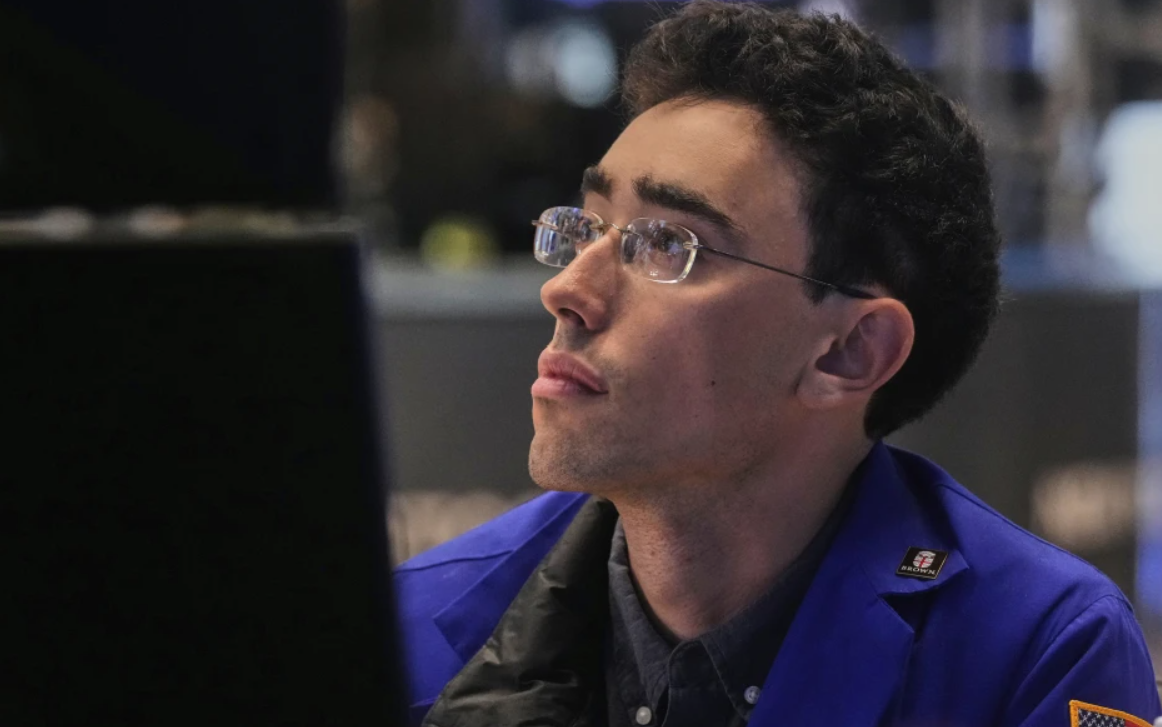U.S. stock markets climbed on Wednesday, inching closer to fresh records after a new trade agreement between the United States and Japan, the world’s largest and fourth-largest economies. The deal would reduce planned tariffs on Japanese imports entering the U.S., offering relief to investors.
By late morning Eastern time, the S&P 500 had risen 0.3%, adding to its string of record highs. The Dow Jones Industrial Average was up 196 points, or 0.4%, while the Nasdaq inched 0.1% higher.
Markets surged even more dramatically in Japan. Tokyo’s Nikkei 225 jumped 3.5% after former President Donald Trump revealed a trade framework that imposes a 15% tariff on Japanese imports—a significant drop from the originally proposed 25% tariff, which was previously expected to begin on August 1.
“This shows how much the market climate has changed. A 15% tariff used to be considered extreme. Now it’s seen as good news,” said Brian Jacobsen, chief economist at Annex Wealth Management.
Trump’s broader trade policies have included heavy tariffs on imports from multiple countries, raising concerns about inflation and potential economic slowdown. However, many of these tariffs have been put on hold to allow time for negotiations, such as the recent agreement with the Philippines.
Despite the pressure, the U.S. economy appears to be weathering the trade tensions relatively well. Current tariffs seem to be having less of an impact on consumer prices than previously expected.
Goldman Sachs economist David Mericle noted, “The pass-through of tariffs to consumer prices is currently lower than it was in 2019.”
Still, the effects are being felt, particularly among major corporations. Hasbro recently wrote down $1 billion in assets due to tariff-related impacts. While the toy company said its profit margins per dollar of sales haven’t yet suffered, it expects rising costs in the current quarter. Hasbro’s stock dropped 4.1%, despite beating analysts’ expectations on earnings when excluding the write-down.
Texas Instruments also saw its shares fall, even though it exceeded profit forecasts. Investor concerns were fueled by company warnings that trade uncertainty could weaken demand. Its stock sank 12.3%.
On the flip side, GE Vernova’s stock surged 15% after the energy firm posted better-than-expected earnings and raised its revenue forecasts in its power and electrification sectors. The company estimated inflation from tariffs could remain on the lower end of its expected range—between $300 million and $400 million—after factoring in cost-saving strategies.
Lamb Weston, known for its frozen potato products, jumped 20.4%. The company exceeded earnings projections and announced plans to trim at least $250 million in costs by reducing its workforce by around 4% and making other operational changes. Executives expressed confidence that demand for fries would stay strong, even amid economic uncertainty.
Meanwhile, speculative trading also drove several stocks higher, as investors continued hunting for the next big “meme stock” success story. Shares of Krispy Kreme rose 12.5%, despite a steep year-to-date loss of 58.4%. GoPro soared 46%.
Other meme stocks, however, lost momentum. Opendoor Technologies, which had tripled in recent weeks, tumbled 27.6%.
International markets rallied on the back of the U.S.-Japan trade news. Japan’s stock market was the standout, with automakers seeing gains—though most refrained from commenting publicly, wary of the unpredictability around Trump’s trade stances.
Other global markets also moved higher. Hong Kong’s Hang Seng Index rose 1.6%, while France’s CAC 40 added 1.4%.
In the bond market, yields edged up. The 10-year U.S. Treasury yield climbed to 4.37% from 4.35% the day before.
Also Read:
US Stocks Slip, Dragging S&P 500 Below Record High
Wall Street Nears Record Levels on Strength of Tech and PepsiCo Stocks














